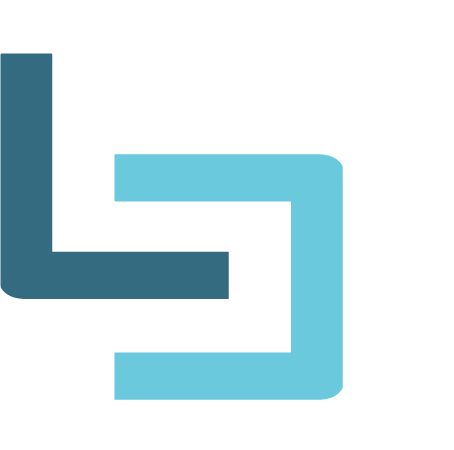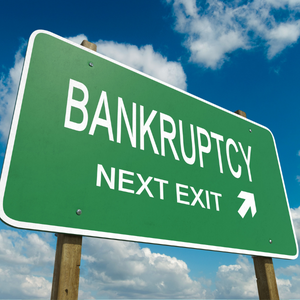
Being “debt-free” sounds like an idealistic goal that one can only achieve in a utopian society. After all, almost everything requires credit these days, and the only way to build credit is to use credit. That said, though you do need credit to purchase a vehicle or own a home, you can be smart about how you use your credit and keep all nonessential types of credit — otherwise known as “bad credit” — to a bare minimum.
If you are currently saddled with a ton of nonessential debt, you may worry that you’ll never reach the point of being debt-free. The good news is that just about anyone can work down oppressive debt and achieve the dream. Below are a few tips to get you started.
Create a Budget
The first step you should take on your debt-elimination journey is to create a budget. Begin by assessing your monthly income, expenses and debt.
First, total up all your sources of income. This may include income from a full-time job, wages from a side-gig, real estate investments and support payments.
Next, make a list of all fixed and non-fixed expenses, such as your mortgage/rent payment, auto loan payment, utility bills, phone bill, daycare expenses, groceries, gas and credit card payments. Calculate how much you spend each month on miscellaneous items such as coffee, dinners out and other leisurely expenses. Ideally, you should separate all expenses into “essential” and “nonessential” categories.
Finally, subtract your expenses from your income. It should be a red flag if your spending exceeds your income. This means you’re living beyond your means and items from the nonessential category must go. Continuing to spend at your current rate means you will continue to rack up your debt.
If you’re serious about getting out of debt, you should make considerable cutbacks. Use the money you would spend on nonessentials such as coffee, takeout and salon appointments and put it toward paying down your debt.
Set Financial Goals
It will be easier to stick to your budget if you have clear financial goals. Being “debt-free” is a great goal, so if this is your only objective, you need not think much further on this point. However, if you’re like many people who aspire to be debt-free, it may be because you have underlying goals. For instance, you may want to own your own home, build a nest egg or merely have more money to do the things you love. Define your goals and write them down. Visualizing your goals will help you remain strong during those moments of temptation.
Steer Clear of Payday Loans
Taking out a payday loan is one of the worst things you can do for your financial situation. Payday loans are very short-term loans (they’re typically due within two weeks of receiving the funds) that come with sky-high interest rates. The finance charge for using a payday loan ranges from $15 to $30 for every $100 borrowed, which equates to an annual interest rate of as high as 400%.
People often turn to payday loans when faced with a financial emergency, such as vehicle repairs, home maintenance emergency or a medical expense. You can avoid having to use a payday loan by saving up for a rainy day and/or getting your credit in good health so you have access to different borrowing solutions. Other options include personal loans and lines of credit.
Use Cash Only
Once you’ve made the decision to become debt-free, show yourself you’re serious by putting away the credit cards. If you’re easily swayed by cheap marketing tactics and advertisements, put your credit cards in a bag of water and then stick the bag in the freezer. This will help you more easily avoid temptation when it arises.
Now that you don’t have access to credit, you’re forced to use your hard-earned money. While you could continue to use your debit card, it may be better for you to ditch the plastic altogether. Studies show that when people use cash, they typically spend less, as it physically pains them to hand over bills. Using what’s in your bank account also makes it easier for you to stick to your budget, as you’re not able to live beyond your means, no matter how tempted you may be to do so.
Double Down On Payments
If you’re making just the minimum monthly payments, you may feel like you’ve been paying down the same debt for years. This may well be the case. Depending on your interest rates, the minimum monthly payment may only be enough to cover the cost of interest and just a few dollars of your debt. You can save money and pay down your debt more quickly by paying more than the minimum due each month.
Be smart in how you pay down your debt, though. Ideally, focus on paying down the account with the highest interest rate first. However, you can also begin by paying down the account with the lowest balance first, then focus on the next smallest balance and so on.
Consolidate Your Debt
If you have so much debt that you routinely miss monthly payments, you may want to consider debt consolidation. Debt consolidation through a personal loan reduces your monthly payments to just one manageable one and can drastically reduce what you pay in interest. To find the best loan for your situation, use our personal loan search engine.



